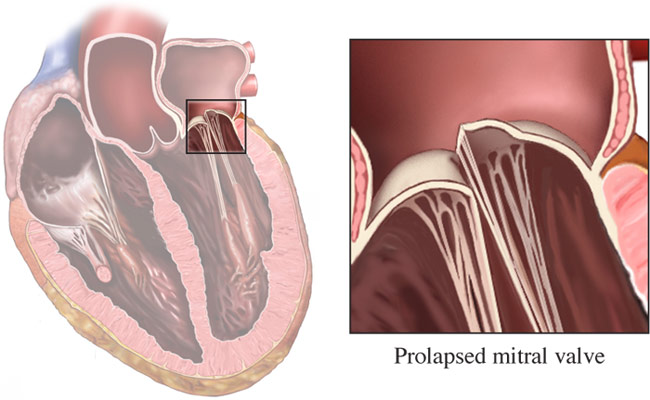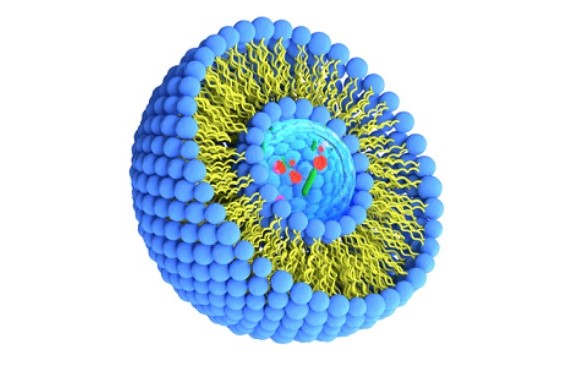If you experience any of the symptoms described above, then it's likely that you suffer from mitral Valve Prolapse. This condition occurs when the valve inside the heart becomes weak, allowing a piece of the valve to fall into the pulmonary artery. The resultant obstruction blocks the flow of blood from the left ventricular chamber to the lungs, resulting in difficulty breathing.
In mitral valves, the valve, which lies between the upper left chamber (the left atria and left ventricle) does not function correctly. When the valve opens, it can cause open pop-up dialogue with the other side (in the case of mitral prolapse) or a closed seal that prevents blood from flowing backwards into the ventricle. When the valve fails to close as expected, it causes regurgitations to occur and can lead to chest pain. Some people experience symptoms of mitral valves when their heart is beating very fast, but this can also be an indication of a more serious condition that you should consult your doctor for diagnosis and treatment.
Because the mitral valves do not need blood flow to do their job, sudden collapse can occur suddenly, sometimes without warning. If you have an irregular heart rate or have high blood pressure, you are at risk of getting this complication.
Mitral valve prolapse can be diagnosed by performing a series of physical examinations and tests
Your doctor will examine the position of your mitral opening, check the shape of your left atrium, and possibly take an x-ray. Your doctor may even do an electrocardiogram to determine if your heart rate is normal, if you have an irregular heartbeat, or if you have circulatory problems. Your doctor may also order a CT scan to determine if the obstruction is caused by the obstruction itself or by something else that's going on in your body.
There are two types of mitral prolapse: primary and secondary. Primary mitral prolapse usually occurs in people who smoke, have diabetes, have a family history of cardiac arrhythmias, and have undergone surgery mitral artery bypass grafting. If the condition is not causing you pain or symptoms, it is considered primary and is usually treated with medication. However, if symptoms do occur and cause discomfort or pain, you may want to consult with your doctor to determine the condition and treat it appropriately.

Secondary mitral prolapse is caused by something else going on in your body that is interfering with your heart
It can be a hereditary disorder. In some cases, it can be caused by a tumor or a structural defect. Sometimes it can be a sign of an internal bleeding vessel that does not respond to conventional medication. If you have this type of problem, your doctor may have to perform a procedure to correct it.
If you smoke or have a family history of heart disease, then you are at higher risk. Smoking, high blood pressure, and high cholesterol may all play a role in the development of this condition. If you have asthma or are suffering from COPD (chronic obstructive pulmonary disorder), then your risk is even greater.
Mitral prolapse is not a life threatening condition and is often cured by diet, exercise, and stress reduction. Your doctor can give you prescription medications to control your symptoms and improve your symptoms. If you experience any of these symptoms and you think they may be related to mitral-valve prolapse, visit your doctor immediately for a medical evaluation.
The most common symptoms include chest pain, shortness of breath, coughing, difficulty breathing, sweating, nausea, and vomiting. If you experience any of these symptoms, then you should call your doctor immediately and have him/her perform an ECG exam, blood test, or imaging studies to confirm the diagnosis. Also, your doctor can order X-rays and electrocardiograms. to determine the severity of the obstruction.
Common treatment options are lifestyle changes, diet and exercise, surgery, and medications. If you smoke, then you should quit. Smoking makes the valve more susceptible to blockage. If you have heart disease, then you should stop smoking. Smoking greatly increases the risk of developing mitral-valve prolapse.
In more severe cases of this condition, surgery may be necessary. Surgery is sometimes done to repair the inner wall of the mitral valve. This requires major surgery such as mitral valve replacement, pericardial mesothelioma, or endocarditis, where a hole is made in the lining of the mitral valve to allow passage of blood and oxygen to the valve. In some cases, surgery is necessary to repair the valves or repair a more serious complication such as pericardium stenosis.
